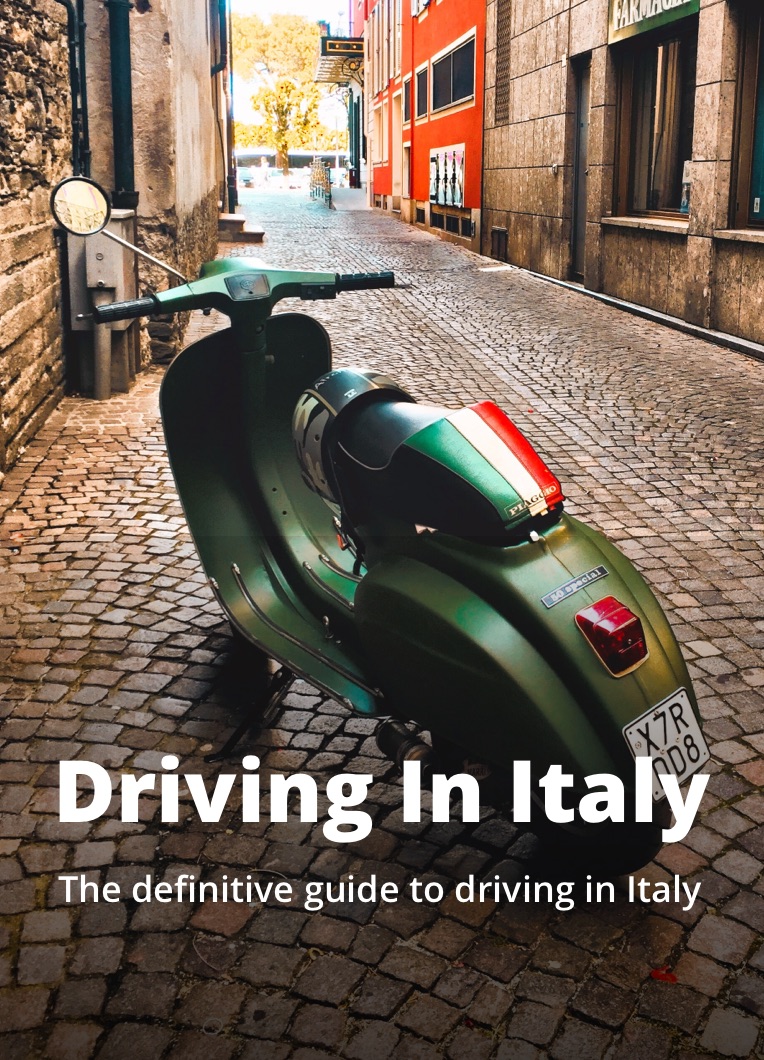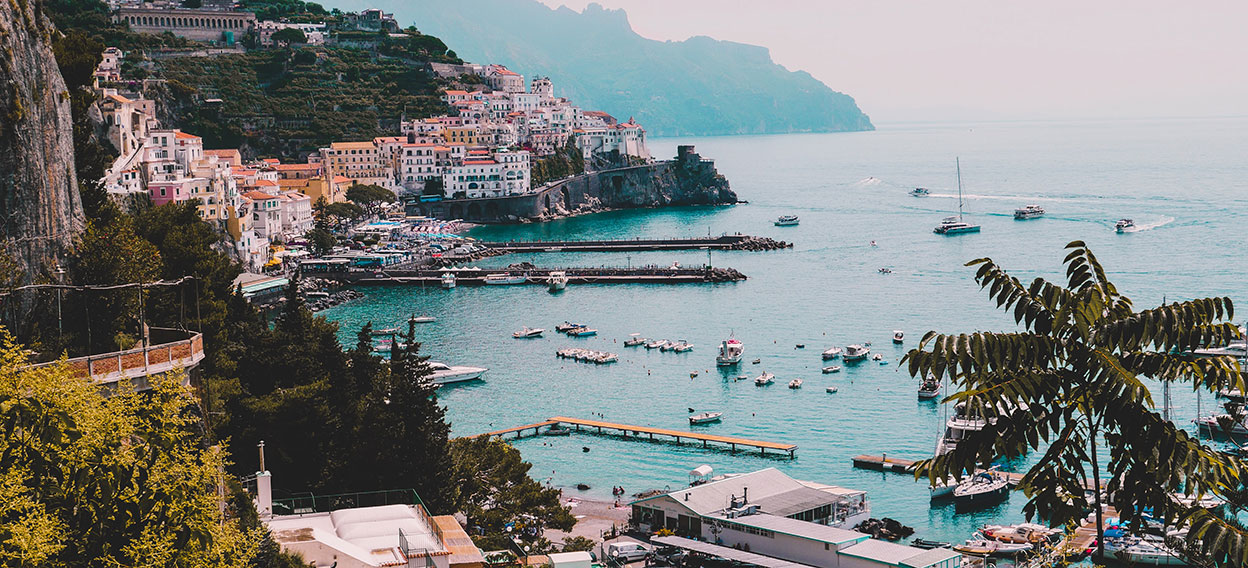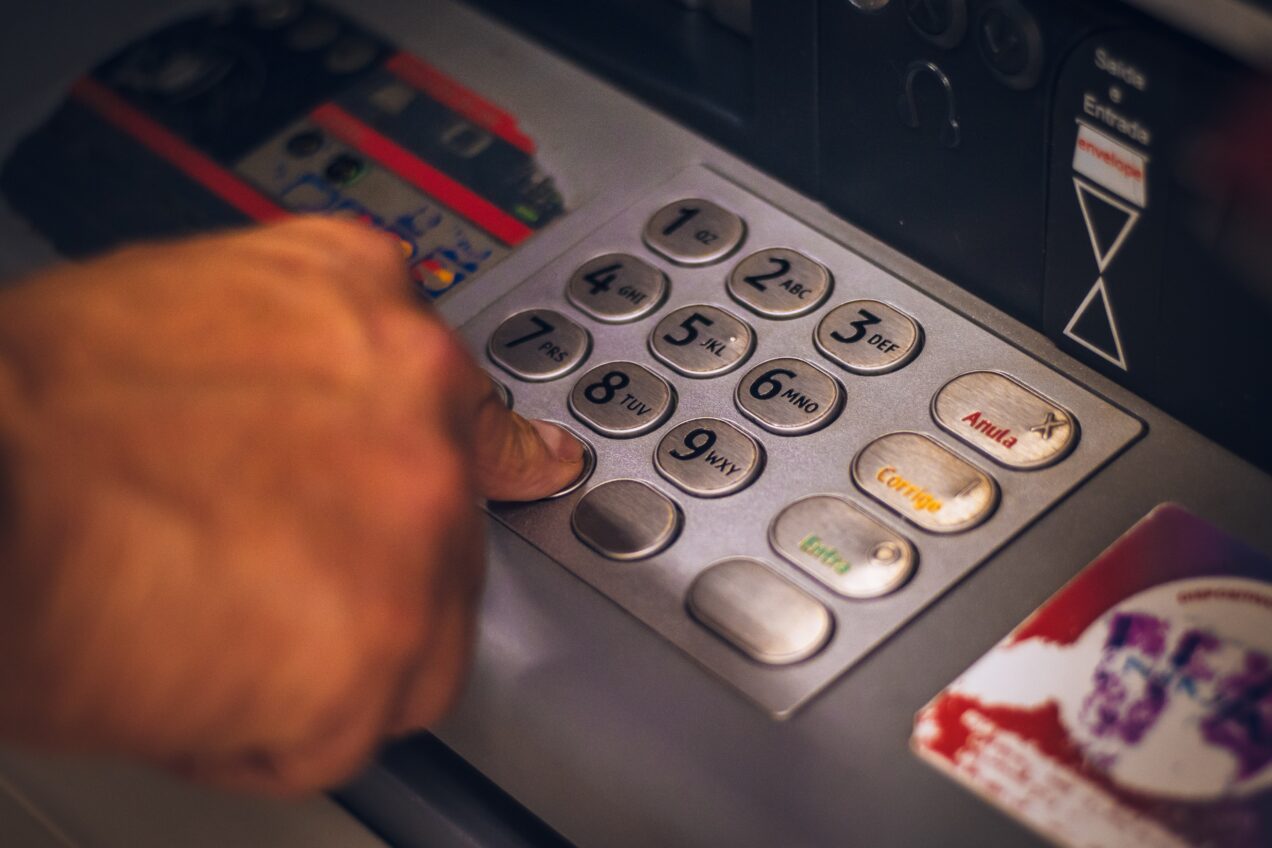
Italy Travel Money Questions: A Strategy
After the overall itinerary has been finalized and hotels, guides, transfers, and restaurants have been booked for trip-planning clients, I usually address Italy travel money questions and talk about a strategy for their trip. Most travelers want to know:
- How much cash to bring, and in what currency?
- Is an ATM card a reliable solution for getting cash in Italy?
- Are credit cards accepted everywhere?
The answers are: it depends; yes; and no, though that is changing. To expand on that, here’s my advice.
First, understand that Italy is a very cash-oriented society, so make sure you never end up with zero cash in your wallet. Businesses must accept credit or debit cards by law now and an increasing number of Italians are using plastic more than cash to make their daily purchases. That said, for small sums to buy things like coffee, gelato, or a slice of pizza, most shops still prefer cash. You’ll also need cash to shop at most outdoor food market stands, take a city taxi or buy a bus ticket, leave a tip (Italian credit card machines do not have a tip prompt since tipping is not mandatory in Italy), and pay the city tourist tax at many hotels.
On the other hand, you don’t want to carry too much cash on you either – flashing a wad of bills every time you open your wallet is a bad idea for obvious reasons. Almost all major attractions, hotels and B&Bs, restaurants, and shops accept credit and debit cards and anti-laundering laws make it illegal to pay more than €4,999.00 in cash (recently raised from the very low sum of €1,000). In addition, many tour companies, guides, and drivers either accept credit cards or can arrange payment via platforms like PayPal or SumUp that allow clients to pay with plastic (generally for a small additional service fee). While Venmo cannot be used in Italy, other payment apps like ApplePay, GooglePay, and PayPal are becoming more common and let you simply make purchases by holding your phone to the contactless card reader.
In order to have enough cash to get you through your trip, but not too much on your person at once, I recommend having a Plan, a Backup Plan, and a Backup To The Backup Plan. To keep things simple, I’m going to use USD as the example currency below to answer a few Italy travel money questions.
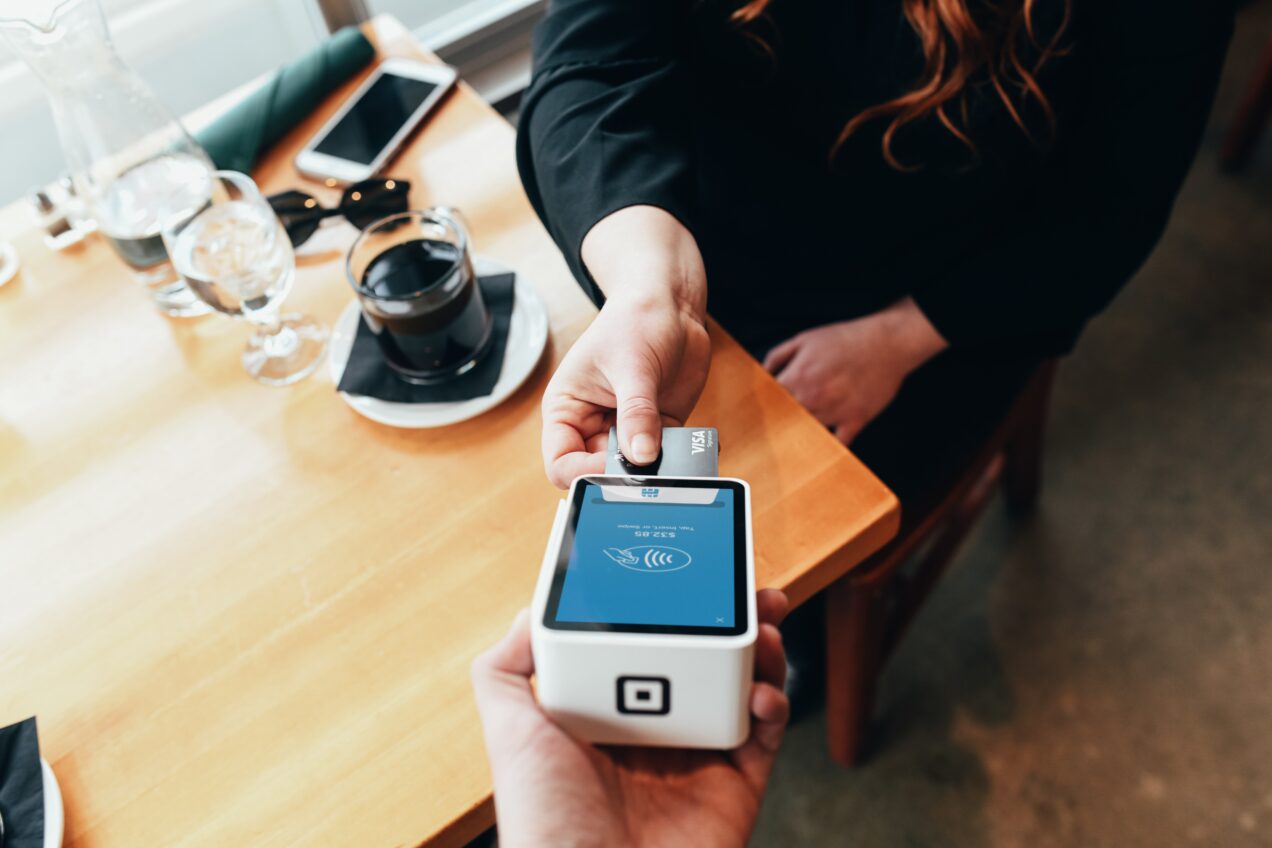
The Plan
Plan to use your debit card to get cash in euros from Italian ATMs, and use your Visa or Mastercard to pay for hotels and other expenses or purchases where possible. Keep in mind that American Express is not as widely accepted as other cards; if it’s your preferred card, bring it as an additional card, just not as your only card. I know plenty of people who arrive in Italy with no cash in euros and use their debit card to get cash as needed from local ATMs and pay via their credit card where possible with no problems – and I have done this on many trips.
Note: One of the most common Italy travel money questions is how to use credit or debit cards in Italy. Italy no longer requires signatures on credit cards; instead, they use a chip-and-PIN system, so be sure that you know your PIN for all debit and credit cards that you intend to use in Italy. You may not need your PIN for purchases under around €20, but for purchases higher than that, you will be immediately prompted to insert your PIN for your debit and credit cards.
In order for this to work, you should:
- Call your bank and tell them the dates you’ll be abroad, so that your credit or debit cards don’t get blocked (or worse, swallowed by an ATM) because your bank has flagged a suspicious transaction.
- Before you go, ask your bank what the fees are for using your ATM card abroad. You may have fees from both your home bank and from the local Italian ATM every single time you withdraw money. Fees are usually inevitable, but can be managed wisely. If, for example, you know you’re getting charged a flat fee and not a percentage for each withdrawal, you can take out larger amounts of cash less frequently to keep charges lower. For longer trips, consider getting an ATM card with no fees worldwide.
- Be informed about DCC (Dynamic Currency Conversion). Some ATMs and credit card readers offer the choice of paying in euros or your home currency (generally USD), but the exchange rates used are generally very unfavorable (plus your card issuer will still charge a foreign transaction fee). If you are prompted to choose between your home currency and euros, always opt to make the transaction in euros. If an ATM offers to “lock in” or “guarantee” a conversion rate, always choose to “proceed without conversion” to avoid these expensive DCC rates.
If locating a currency exchange in the airport makes you feel better than counting on an ATM, then bring USD and exchange them in the airport. I walk off the plane and look for an ATM, but there’s nothing wrong with bringing a few hundred dollars in cash and exchanging it when you arrive to get started. But after leaving the airport or train station, finding an ATM is much easier than finding a currency exchange or bank that offers this service.
One additional tip: if you happen to have friends who have returned from a euro-currency country before you leave for Italy, ask if they’d like to sell you their leftover euros.
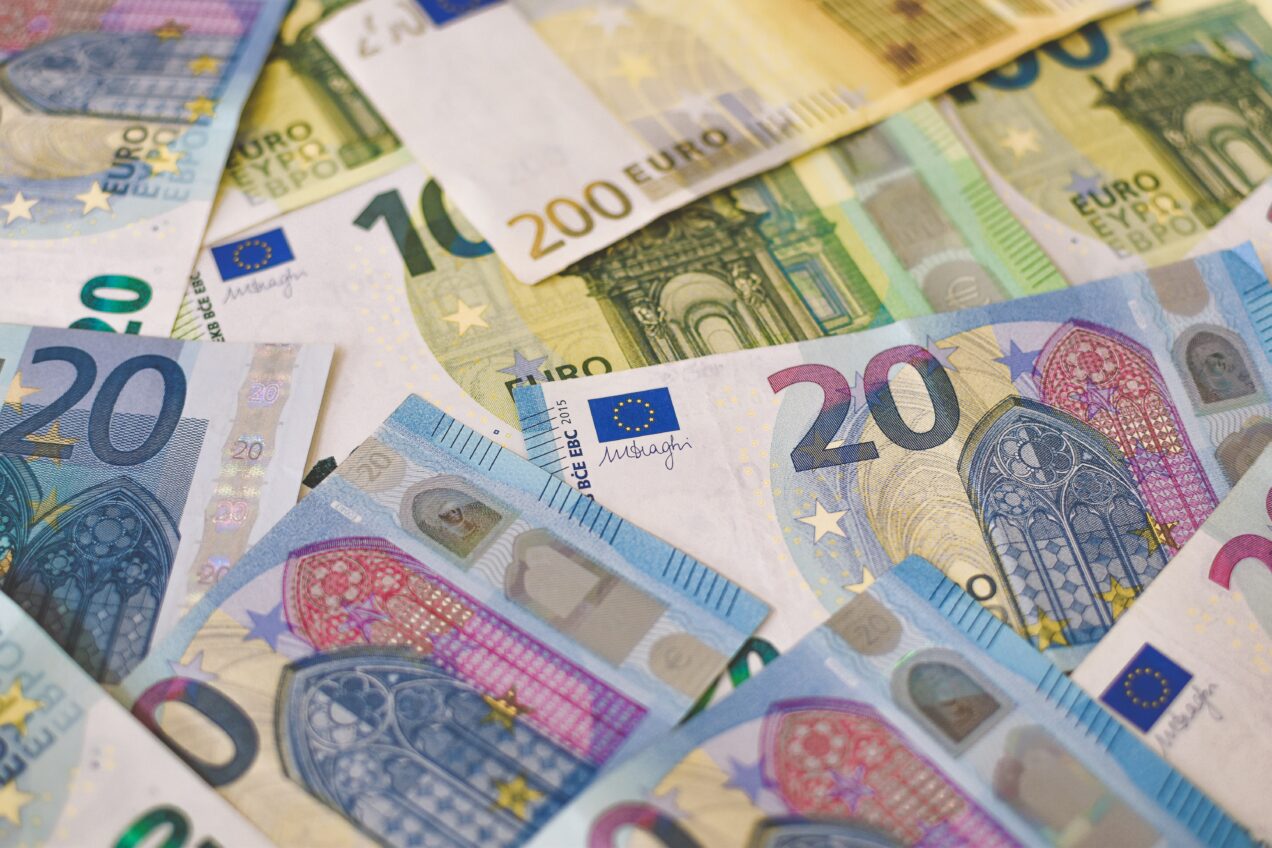
The Backup Plan
Let’s say your debit card gets eaten by the ATM, or your Visa card gets frozen, or your bag with your entire wallet gets lost or stolen — what then? Revert to the Backup Plan: bring another credit card (my backup is my Mastercard) and a second debit card. This alternative debit card should be attached to an alternative bank account (if possible), because if your account is frozen, another card for the same account won’t work either. Put these backup cards in a different yet safe place, like in your passport holder, your camera bag, your computer bag, or the hotel safe. Just keep the backup cards separate so they don’t get misplaced or stolen at the same time as the original ones.
The Backup to the Backup Plan
Some travelers think this is overkill – and so far (knock wood) I’ve never had to use this – but I always bring a couple of hundred USD in cash and keep it in a safe place but not with my main wallet, in case I need to exchange it. You could also exchange it for euros at the beginning of the trip and if you haven’t used it by the end of your vacation, use it to pay for purchases on the last couple of days of your trip.
The point is to have some emergency cash separate from your main wallet. Note: when exchanging money in Italian cities, it’s often easier (albeit much more expensive) to do it in a high-end hotel rather than successfully locate an open bank with a currency exchange service. Also, I make sure I get the PIN number for my credit card so I can get cash out using my credit card. It’s an expensive way to get cash, but if I’m using the Backup to my Backup Plan, it means I’m desperate.
I’ve been lucky, and have never had to move beyond The Plan, but I’m also careful: I wear a bag with a cross-body strap; I never carry my wallet in a backpack or in a bag without a zipper; I’m aware of my surroundings before pulling out my wallet; and I don’t use an ATM on a dark corner when I’m on my own.
Note: What about traveler’s checks? Once a must for international travel, traveler’s checks are virtually obsolete. Many banks in Italy will refuse to cash them and almost no merchant will accept them, so skip the checks and bring plastic.
I hope that this has answered your Italy travel money questions!
